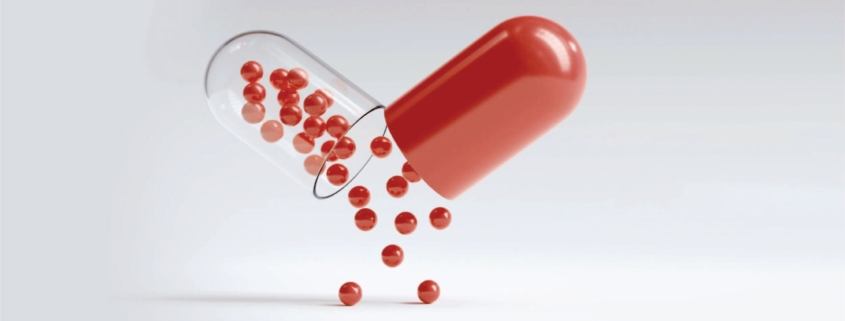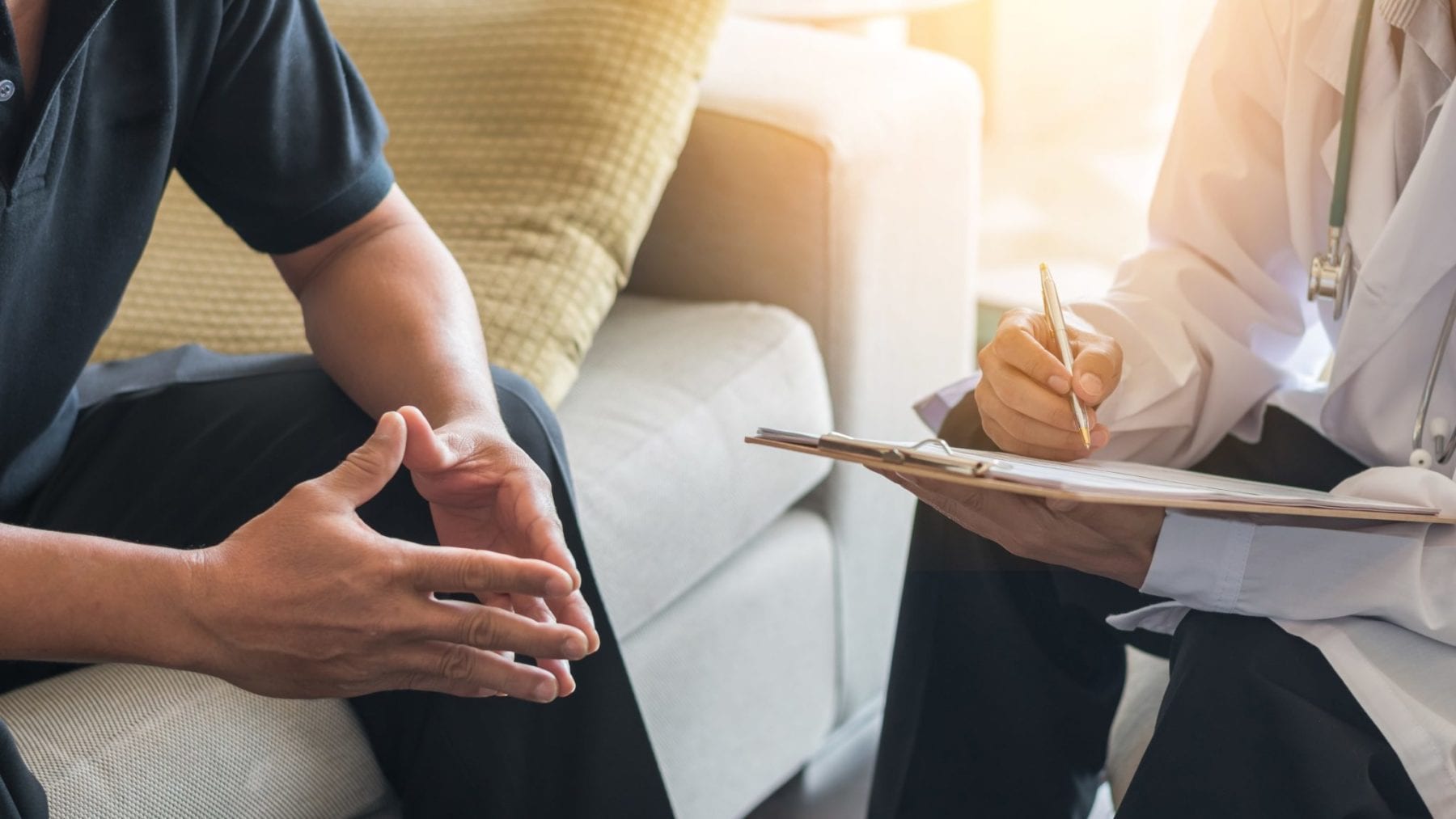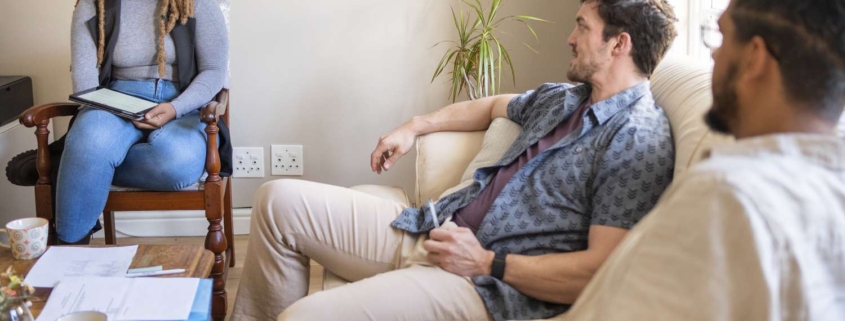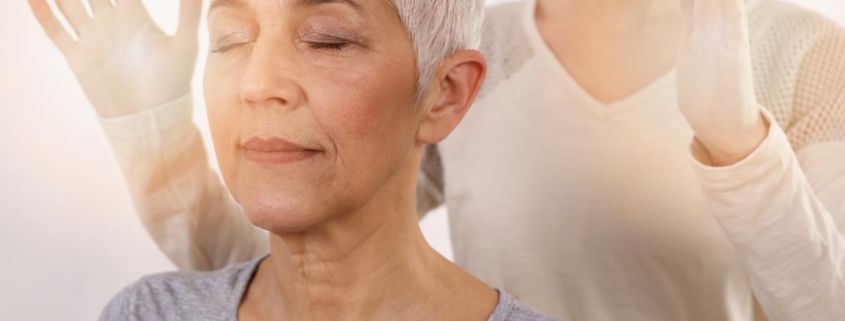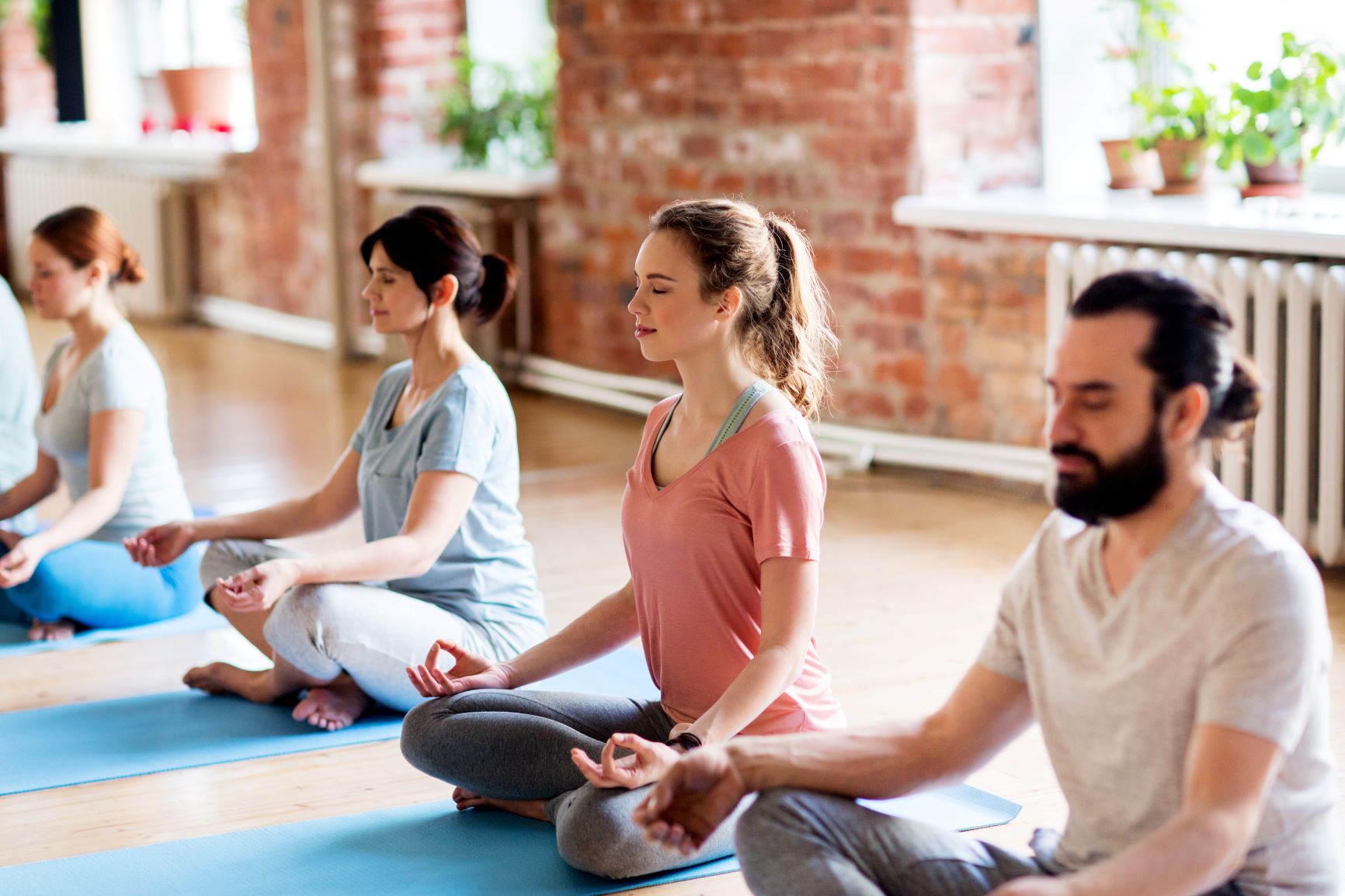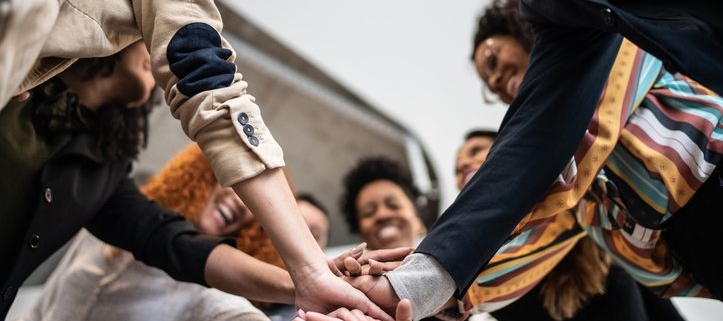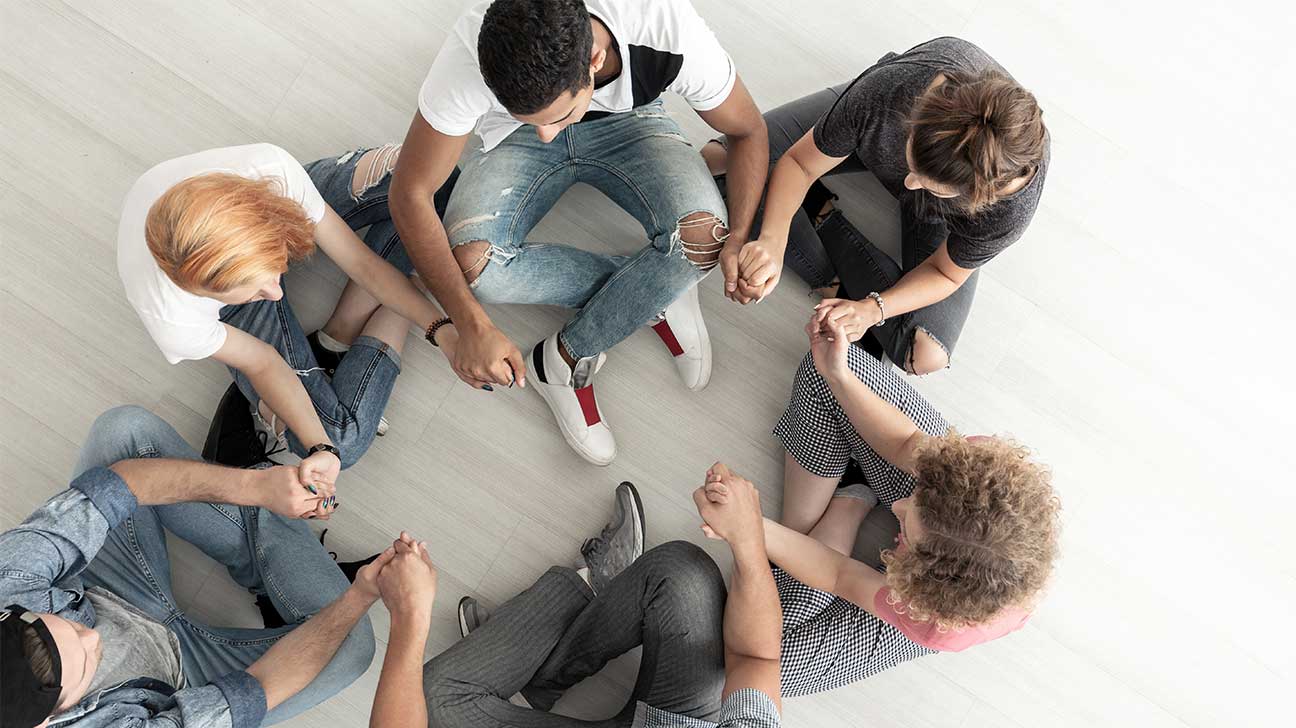As Ohio grapples with rising rates of substance abuse, addiction, and mental health challenges, the need for effective prevention strategies has never been more critical. Prevention is a proactive approach, focusing on stopping addiction and substance misuse before they take hold, and the state of Ohio has implemented several initiatives tailored to its unique challenges. In this article, we’ll explore some of the most effective prevention strategies designed to meet Ohio’s specific needs and how Couples Rehab, located in Ohio, plays an essential role in helping families and communities tackle these issues.
Understanding Ohio’s Unique Needs in Prevention
The Opioid Epidemic in Ohio
Ohio has been one of the hardest-hit states by the opioid crisis, with overdose rates surging in the past decade. According to data from the Ohio Department of Health, opioid-related deaths have consistently ranked among the highest in the country. The state faces the challenge of battling the influx of synthetic opioids like fentanyl, as well as addressing prescription painkiller misuse.
Given this alarming trend, any prevention strategy must consider the pervasiveness of opioid misuse within Ohio communities. Couples Rehab in Ohio emphasizes the importance of addressing the root causes of addiction, such as over-prescribing of opioids, and works in collaboration with community initiatives to provide support for couples facing addiction.
Socioeconomic Factors and Addiction
Ohio’s urban and rural populations present unique challenges. In cities like Cleveland, Columbus, and Cincinnati, addiction is often linked to poverty, unemployment, and lack of access to healthcare. Meanwhile, in rural areas, isolation and limited resources have led to an increase in substance abuse. Understanding these geographical and socioeconomic differences is essential in crafting effective prevention strategies.
Couples Rehab in Ohio takes into account the diverse needs of these populations by offering resources and programs specifically designed to target the underlying factors contributing to substance misuse and mental health issues.
Key Prevention Strategies for Ohio Communities
1. Community Education Programs
Education is a powerful tool in preventing substance abuse. Ohio has implemented numerous community education programs that focus on raising awareness about the dangers of drug and alcohol misuse. Schools, community centers, and local health departments work together to create programs tailored to various age groups, focusing on topics like:
- The risks of opioid misuse.
- Early warning signs of addiction.
- The importance of mental health and wellness.
Couples Rehab Ohio actively participates in these community outreach programs, providing valuable insights on how addiction affects relationships and offering couples the tools they need to seek help early. By educating the public about addiction and co-dependency, Couples Rehab empowers families to recognize issues before they escalate into full-blown addiction.
2. School-Based Prevention Programs
Schools play a pivotal role in preventing substance abuse. Ohio’s school-based prevention programs integrate substance abuse education into the curriculum starting as early as elementary school. These programs aim to:
- Equip students with knowledge about drugs and alcohol.
- Teach coping strategies for peer pressure and mental health challenges.
- Encourage positive behavior and lifestyle choices.
Couples Rehab Ohio supports these initiatives by providing counseling services for families who may be struggling with a child’s substance abuse or related mental health issues. The goal is to prevent the development of addiction patterns early on, offering intervention when necessary.
3. Medication Take-Back Programs
Another successful prevention strategy involves reducing the availability of prescription drugs, particularly opioids, which are often diverted from their intended users. Ohio has implemented drug take-back programs where residents can safely dispose of unused or expired medications. These programs are crucial in preventing prescription drugs from being misused by family members or friends.
At Couples Rehab Ohio, we encourage participation in these programs as a part of our comprehensive prevention strategy. By properly disposing of medications, couples and families can reduce the risk of drug misuse within their homes.
4. Naloxone Distribution and Training Programs
Naloxone (Narcan) is a life-saving drug that reverses the effects of opioid overdoses. Ohio has expanded access to Naloxone, particularly in high-risk communities, through free distribution programs and training sessions. By equipping the public with Naloxone and educating them on its proper use, the state aims to reduce overdose deaths while encouraging people to seek long-term treatment.
Couples Rehab Ohio integrates Naloxone education into its treatment programs, ensuring that couples are aware of its availability and understand how to use it in emergency situations. This can be especially critical in households where one or both partners are in recovery or at risk of relapse.
5. Family and Couples Therapy
Family dynamics play a significant role in addiction, and addressing these dynamics can be key to preventing substance misuse. Couples Rehab Ohio offers specialized therapy programs that focus on strengthening family bonds, improving communication, and resolving conflicts. Through couples therapy, individuals struggling with addiction can find support in their relationships, which is essential for long-term recovery.
The inclusion of family in the recovery process helps prevent relapse by providing a supportive and understanding environment. Couples Rehab also offers family education sessions to help loved ones understand addiction and learn how to best support their recovering partner or family member.
6. Youth Mentorship Programs
Ohio has implemented various youth mentorship programs aimed at deterring young people from engaging in risky behaviors. These programs match at-risk youth with mentors who provide guidance, support, and positive role models. By fostering healthy relationships and encouraging personal development, these mentorship programs aim to prevent substance abuse and other negative behaviors before they start.
Couples Rehab Ohio recognizes the importance of mentorship, especially for young couples who may be facing early signs of addiction. By connecting them with supportive networks, we help them navigate the challenges of recovery together, fostering resilience and preventing future issues.
7. Mental Health and Wellness Initiatives
The link between mental health and addiction is undeniable, and Ohio has developed several initiatives to promote mental wellness as a means of preventing substance abuse. These initiatives focus on:
- Providing access to mental health resources.
- Reducing the stigma surrounding mental health issues.
- Offering stress management and mindfulness programs.
At Couples Rehab Ohio, we understand the critical role mental health plays in addiction prevention. Our treatment programs incorporate mental health support and counseling, helping couples manage the stress and emotional strain that often accompanies addiction.
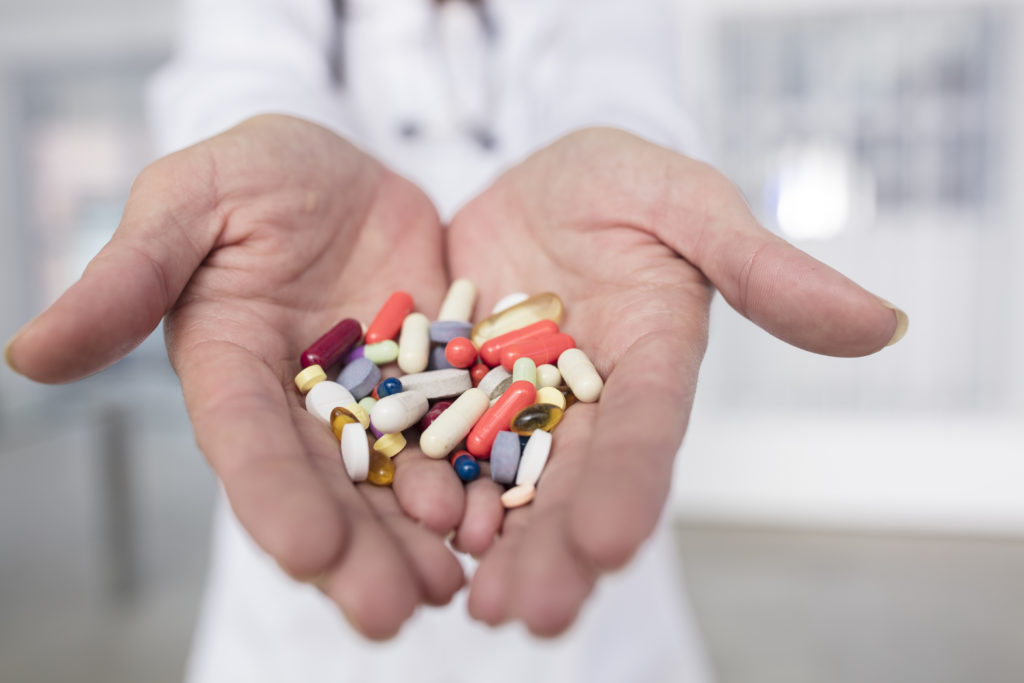
8. Workplace Prevention Programs
Substance abuse can have a significant impact on workplace productivity and safety. In response, many Ohio employers have adopted workplace prevention programs that focus on educating employees about the risks of substance abuse, providing access to Employee Assistance Programs (EAPs), and encouraging a drug-free workplace.
Couples Rehab Ohio partners with local businesses to provide resources for employees and their families, offering counseling and support services designed to prevent addiction from interfering with personal and professional life.
The Role of Couples Rehab in Ohio’s Prevention Landscape
Tailored Treatment for Couples
Couples Rehab Ohio provides a unique approach to addiction prevention and treatment by focusing on couples and their specific needs. Addiction often strains relationships, and Couples Rehab offers a safe space for couples to work through their issues while addressing substance misuse. Through specialized therapy sessions, both partners can learn to support each other on the road to recovery, reducing the likelihood of relapse.
Addressing Co-Dependency
One of the most critical aspects of preventing relapse in couples is addressing co-dependency. Co-dependency occurs when one partner enables the other’s addictive behaviors, often without realizing it. At Couples Rehab Ohio, we help couples identify and break free from co-dependency patterns, fostering healthier, more supportive relationships.
Holistic Approaches to Prevention
In addition to traditional therapy, Couples Rehab Ohio employs holistic approaches to addiction prevention, including:
- Mindfulness and meditation to reduce stress and enhance emotional regulation.
- Nutritional counseling to promote physical well-being, which is closely linked to mental health.
- Fitness programs designed to improve physical health and boost mental clarity.
These holistic approaches, when combined with therapy, help couples build a foundation for long-term recovery and prevent future substance abuse.
Continued Support Through Aftercare
Even after completing a rehab program, the risk of relapse remains. That’s why Couples Rehab Ohio offers extensive aftercare services, including support groups, counseling sessions, and check-ins to ensure couples stay on track. These aftercare services are crucial in preventing relapse and helping couples maintain their sobriety in the long run.
FAQ Section
1. What is the main focus of prevention strategies in Ohio?
Prevention strategies in Ohio primarily focus on reducing substance abuse and addiction rates through education, community engagement, and tailored support programs.
2. How does the opioid crisis affect Ohio communities?
Ohio has been significantly impacted by the opioid crisis, with high rates of overdose and addiction. Prevention strategies aim to address these issues through education and access to resources.
3. What role does Couples Rehab play in prevention efforts?
Couples Rehab Ohio offers specialized support for couples affected by addiction, focusing on therapy, education, and aftercare to foster recovery and prevent relapse.
4. Are there educational programs available for youth in Ohio?
Yes, Ohio has implemented school-based prevention programs that educate students about the risks of substance abuse and promote healthy lifestyle choices.
5. What is Naloxone, and how does it help in prevention?
Naloxone (Narcan) is a medication that can reverse opioid overdoses. Ohio has expanded access to Naloxone and provides training programs to educate the public on its use.
6. How does Couples Rehab address co-dependency?
Couples Rehab Ohio helps couples identify and break free from co-dependency patterns, promoting healthier relationships that support recovery.
7. What holistic approaches does Couples Rehab use?
Holistic approaches at Couples Rehab Ohio include mindfulness practices, nutritional counseling, and fitness programs to enhance overall well-being and support recovery.
8. What aftercare services are available through Couples Rehab?
Aftercare services include support groups, counseling sessions, and regular check-ins to help couples maintain their sobriety and prevent relapse after completing their rehab program.
9. How can I get involved in community prevention programs?
You can participate in local community education programs, volunteer for drug take-back events, or contact Couples Rehab Ohio for information on available initiatives in your area.
10. What should I do if I or someone I know is struggling with addiction?
If you or someone you know is struggling with addiction, reach out to Couples Rehab Ohio for support and information about treatment options available in your area.
Conclusion: A Collaborative Effort in Prevention
Prevention strategies tailored to Ohio’s specific needs are crucial in combating the state’s substance abuse crisis. With a focus on education, community engagement, and personalized treatment, Ohio is making strides in reducing addiction rates and helping individuals lead healthier, substance-free lives. Couples Rehab Ohio plays a vital role in this effort, offering specialized support for couples and families affected by addiction.
By participating in community prevention programs and providing targeted therapy for couples, Couples Rehab Ohio helps ensure that prevention efforts extend beyond the individual, fostering stronger, healthier families and communities. Together, we can build a brighter future for Ohio, one rooted in compassion, education, and effective prevention strategies.
If you or someone you love is struggling with addiction, reach out to Couples Rehab Ohio today to learn more about our prevention and treatment programs. Your journey to recovery starts here.

